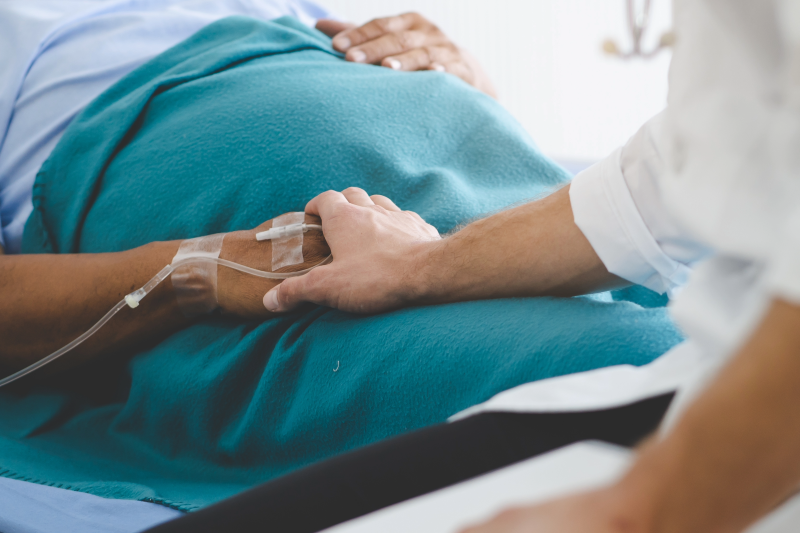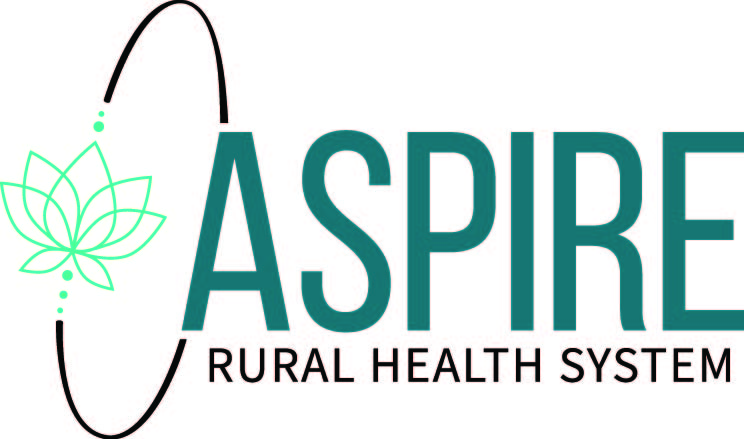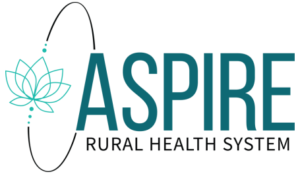Pre-Surgery Education
Someone from the OR will call you the day before your surgical procedure date between 8:00 a.m. and 3:30 p.m. with an arrival time and procedure time.
What to bring
- A list of your current medication
- A copy of your advance directives if you wish
For your safety
- You will need a responsible adult available at the time of discharge to drive you home. It is recommended that a reliable adult remain with you for 24 hours after your procedure.
- Wear comfortable, loose-fitting clothes that are easy to change and will not fit tightly over the area of your surgery.

What not to bring
- Please try not to bring more than two family members on the day of the surgery. Only one person will be allowed to stay with you in the room before and after surgery. Other visitors will be directed to another area to wait for your return from surgery.
- Children should not come unless absolutely necessary. There must be another adult with them if they should come to the hospital.
- Don’t bring large sums of money, jewelry, valuables, such as electronic equipment or suitcases, even if you are staying overnight.
Getting ready for surgery - the night before
- Remove your nail polish, makeup and jewelry, including piercings.
- Do any special preparations your surgeon has ordered. This might include special cleaning of the surgical area. Take a shower the night before your surgery with antibacterial soap.
- Stop your blood thinning medication as directed by your doctor. Take your usual medications unless otherwise directed by your doctor.
- Do not eat or drink after midnight the night before your surgery, this includes water, gum, mints and cough drops. You may brush your teeth.
- Do not smoke or chew tobacco after midnight.
on the day of surgery
- Please arrive at the time given by OR. If you are unsure of the time, call the Surgical Services department between 8:00 am and 3:30 pm the day before surgery, (call on Friday for surgeries scheduled for Monday)
- Please do not bring any valuables or jewelry with you.
- Do not wear contact lenses.
- Shower with an antibacterial soap. Do not use lotions or powders on your skin. Do not wear makeup, but may use deodorant.

what to do if you get sick before your surgery
- When having surgery or anesthesia, it is important that you are in the best possible health. If you have a new illness around the time of a planned surgery, sometimes the safest practice may be to delay the procedure until you are well.
- Don’t assume that your surgery will be delayed if you are sick. If the procedure is urgent or your illness is related to the surgical problem, then it might be best to go ahead with the procedure as planned.
- Contact your surgeon’s office as soon as you think you have an illness that might delay surgery.
- If your surgery is cancelled, contact your surgeon’s office to reschedule. Pre-operative testing will usually not need to be repeated
Examples of conditions that may delay surgery include:
- Cold or sinus infection within two weeks before surgery
- Pneumonia or bronchitis within a month before surgery
- Stomach virus or flu
- Fever
- Asthma attack or wheezing within two weeks before surgery
- Chest pain which is worse than usual
- Diabetes severely out of control
- Infected skin or rash in the area of surgery
- Generally not feeling as well as usual
Contact Us
If you become ill, or for any reason, or do not plan to keep your surgery appointment, contact the Surgical Services department.
Deckerville Community Hospital
3559 Pine St., Deckerville
810-376-2835
Hills & Dales Healthcare
4675 Hill St., Cass City
989-912-6301
Marlette Regional Hospital
2770 Main St., Marlette
989-635-4000

